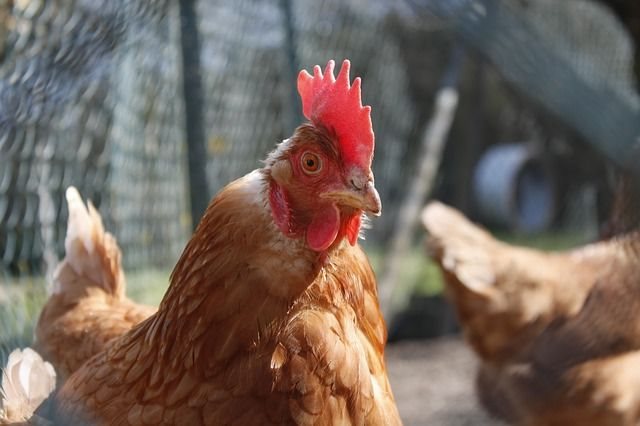Is localisation a cure for avian woes?

ChickenFacts, a fact-checking online information service for the poultry industry, investigated this new policy, eliciting the opinions of poultry specialists, economists and trade advisors.
Most economists agreed that any attempt to manipulate free trade would raise prices in either the short term or the long term. The majority of warnings concerned government capacity to free up business to operate optimally. It was felt that it would be counterproductive to set limits on businesses without reducing red tape, improving service delivery, and smoothing out regulatory speed bumps.
ChickenFacts approached Paul Matthew, CEO of the Association of Meat Importers and Exporters, whose sector would be most affected by import limitations. He pointed out that South Africa does not have the capacity to meet demand in a number of areas, particularly poultry production, and that limiting imports would lead to shortages, wastage, and price increases.
"We do not have our own house in order," he said. "Poultry production is not limited by competing imports, it is limited by the failure of government to create an efficient infrastructure. Our producers are badly affected by water and electricity shortages, crime, and transport impediments.
"Also, our market in South Africa prefers certain portions of the chicken over others, which means that there will be shortages of bone-in, brown meat that South Africans prefer - while there is a surplus of the white meat, that we could be exporting if our health standards were high enough. No matter what we do, we will never be able to produce enough chicken to meet demand. Reducing imports, therefore, would simply restrict supply and prices would go up."
ChickenFacts also spoke to Dr Martin Cameron, a researcher with the Trade Research Advisory at North West University. He emphasised that while localisation policies looked good on paper, they usually failed on implementation.
"History has shown us again and again that localisation causes a negative outcome because prices are sure to rise, and it is the consumer who pays," he said. "Localisation is basically an incentive not to be efficient. An economy is not an island and by trying to make goods locally, the inevitable result is that prices will go up."
Cameron’s predictions are borne out by a report from Intellidex, a leading South African capital markets and financial services research house. The report estimates that if localisation was imposed in any significant way, the price of goods could rise by approximately 20%.
ChickenFacts also approached Chris Hattingh, deputy director of the Free Market Foundation. He believes that localisation will affect poorer consumers.
"South African consumers are under a huge amount of strain, and do not have as much disposable income as before," he said, "thus any increase in the price of goods will impact their spending patterns. Localisation can be a panacea for short-term, emotional concerns over imports. But over the long run localisation will – through subsidies and other protectionist measures – shield and weaken local businesses from both local and international competition, and it will discourage capital and skills investment in South Africa."
Minister Patel has not released any detail regarding the specific 42 imported products that are targeted for localisation. Uncertainty is never good for any economy, but the poultry industry also faces challenges that can not be solved by replacing imports, such as:
• Water and electricity shortages due to poor government service delivery.
• Transport hampered by potholed roads.
• Security and insurance that is expensive due to the high crime rate.
• Labour costs that are not competitive.
• Small poultry farmers that are hamstrung by restricted access to markets and a lack of logistical support.
At the moment, chicken is the mainstay of the average food basket as it is the most affordable protein for poorer households. The South African poultry industry enjoys the highest level of protection in the world through import tariffs. All the experts agree that reducing imports will have only one outcome: making chicken meat unaffordable for the poor South African consumer.